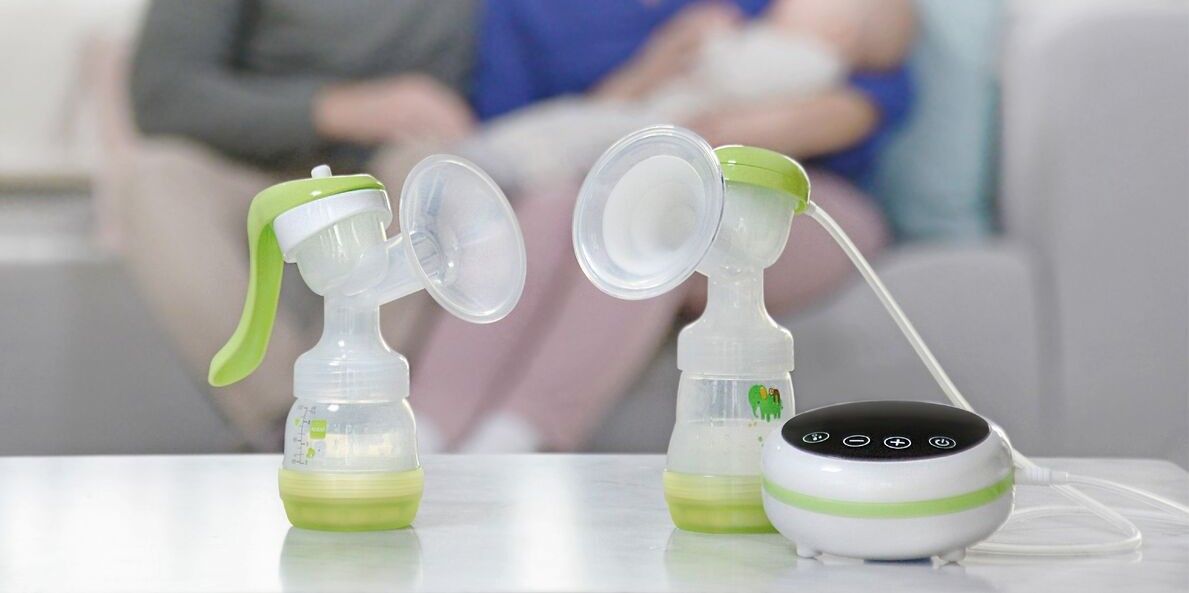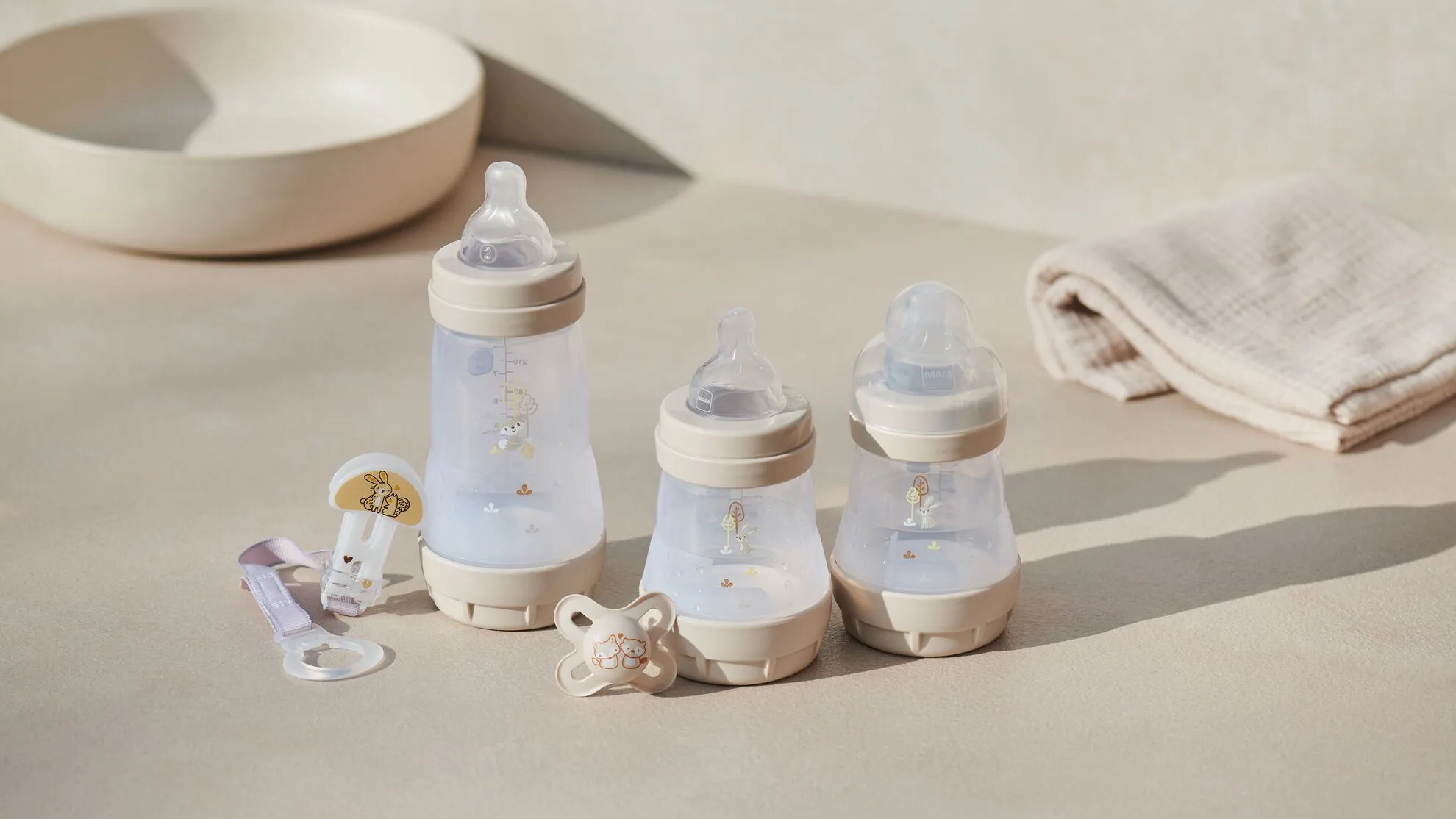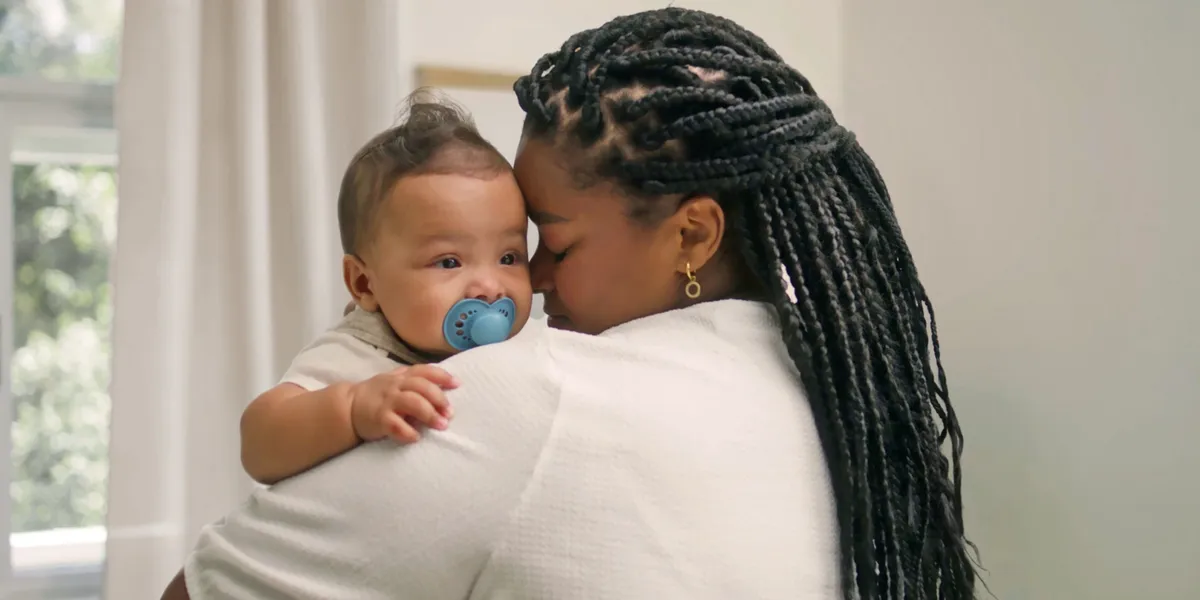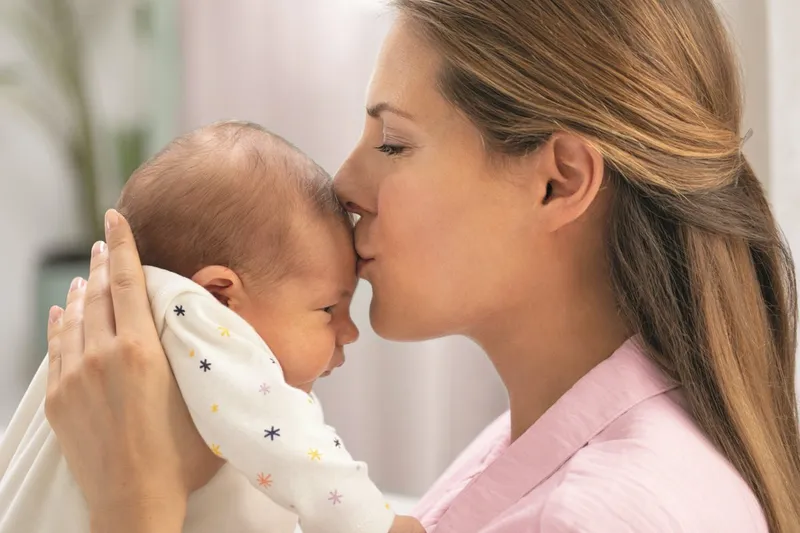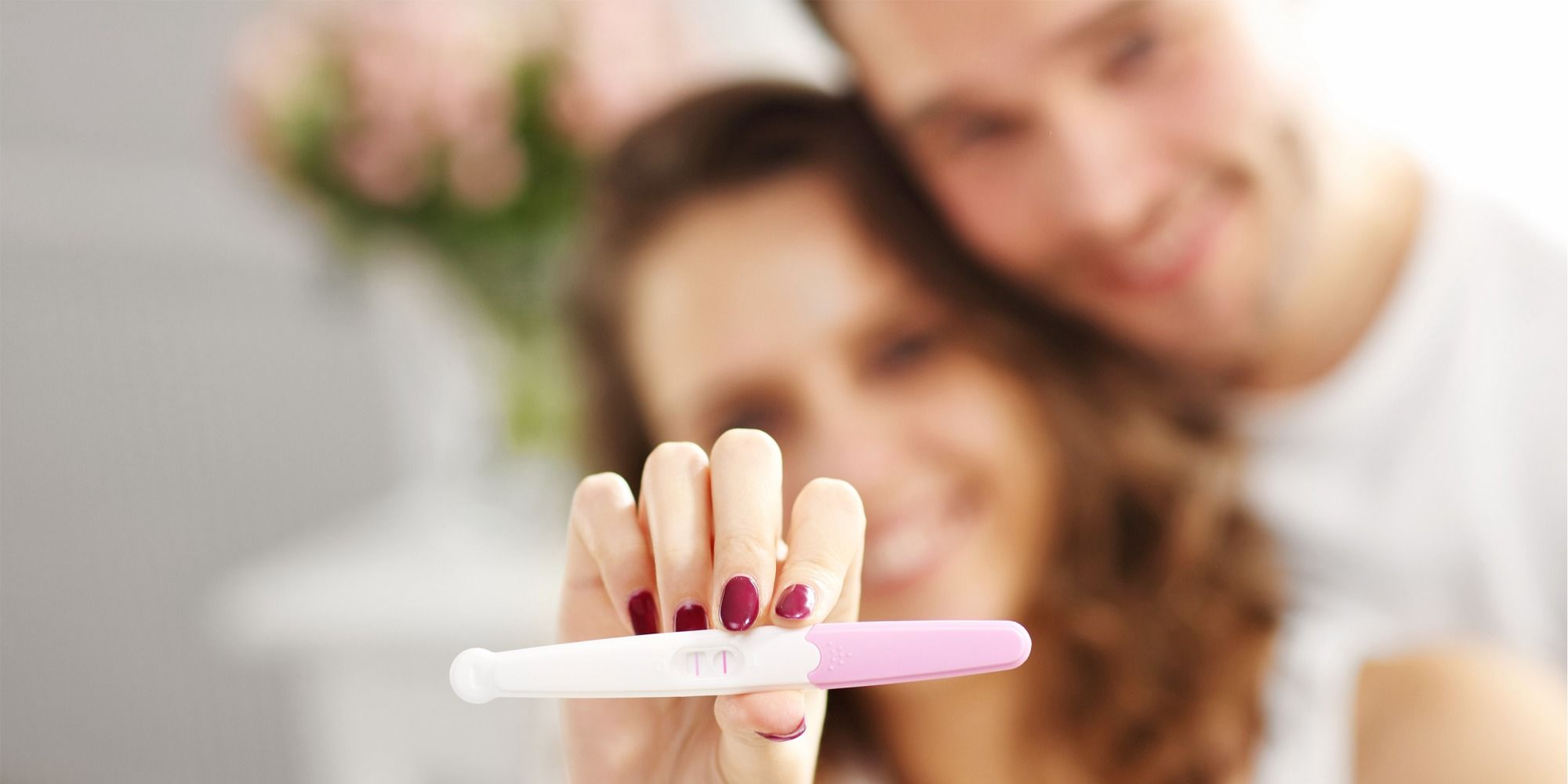How does the pregnancy start? And why are there no symptoms in the first week of pregnancy? Read on to find out!
What's going on inside you right now?
In the first pregnancy week you cannot have any symptoms of pregnancy because you aren't actually pregnant yet! The first week of pregnancy is the start of your cycle, i.e. your menstrual period.
So you can only say in retrospect whether this week is actually a pregnancy week.
The female cycle and fertility are truly complex and exciting processes.
It is important to understand what’s going on inside you even before the embryo is there. So, let’s take a closer look…
The cycle starts with your period. The lining of the uterus that has built up is expelled and a new "nest" is prepared for a fertilised egg. This process is controlled by various hormones:
Progesterone is responsible for building up the uterine lining, ensuring that it is ready for the embryo to implant itself and for supplying it with nutrients. If the progesterone level drops, menstrual bleeding will occur. A new cycle then starts.
Oestrogen is produced in the ovaries. It is responsible for maturing the ovarian follicles and for ovulation, but it also influences the growth of the uterine lining. Oestrogen also increases the production of mucus in the cervix – this "cervical mucus" is important for sperm nourishment and mobility, and therefore increasing the chances of a pregnancy.
Of course, it is not just hormones that are important for pregnancy, one organ is extremely important: the uterus In the 1st pregnancy week it is just 7-10 cm long, weighs as little as 50-60 g and looks like an upside-down pear. However, there can be significant differences in size and shape. The uterus has three layers: a smooth outer surface, the wall which consists largely of smooth muscle and the inner mucous membrane.
The narrow part at the bottom is the cervix. Part of this projects into the vagina, with the neck of the womb in the middle. The cervix can be felt inside the vagina. Before and after ovulation it is firmly closed; it opens up around the time of ovulation.
Malformations of the uterus e.g. bending back or other problems such as endometriosis (where the uterine lining or endometrium grows outside the uterus), polyps or myomas (growths in the uterus) can all affect fertility. For this reason, these physical causes will be investigated if no pregnancy occurs within one year of regular unprotected sex.
How do you feel at 1 week pregnant?
The first thing to do is relax and wait for your period! Hot water bottles, heated pads and snuggly blankets are a woman's best friend during this time. Very heavy and excessively painful periods can be a sign of endometriosis. Discuss this with your gynaecologist if you are concerned.
Ask your doctor whether a dietary supplement containing folic acid might be a good idea for you.
It is always important to maintain a balanced diet, but even more so during your period and immediately after conception, as it will also help your future child. It is especially important to make sure that you get enough folic acid. Many people suffer from folic acid deficiency, so a dietary supplement can be a good idea. You should discuss with your doctor whether or not you need to take folic acid.
Photo Credit: Shutterstock















